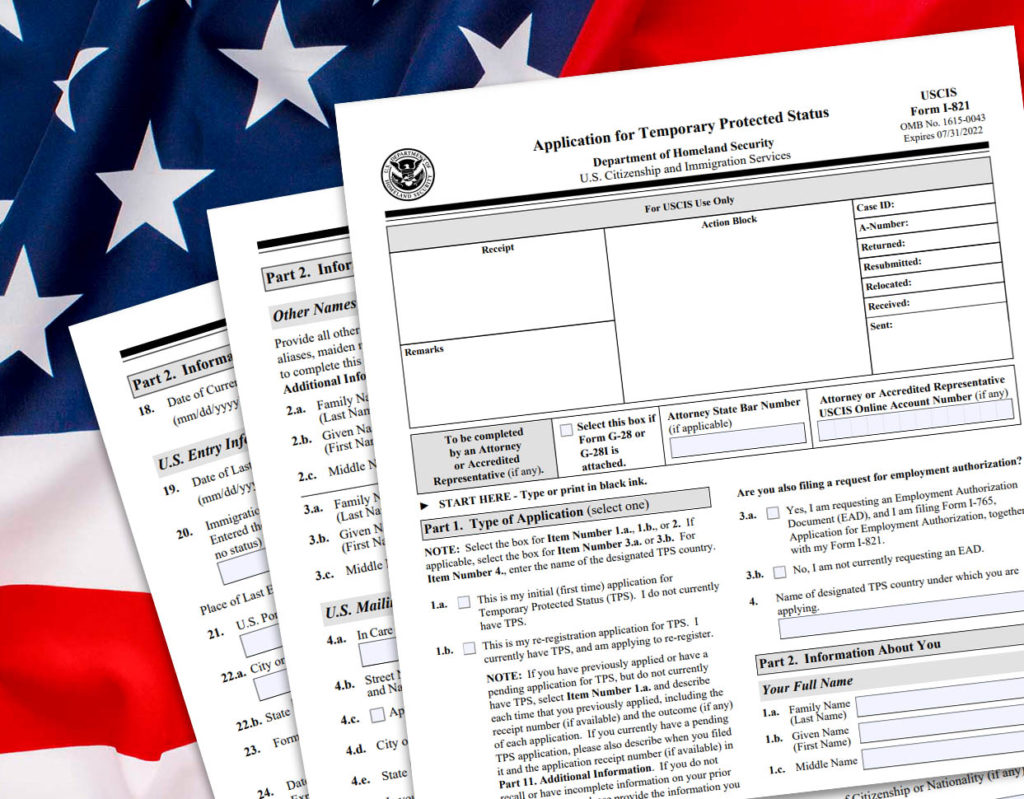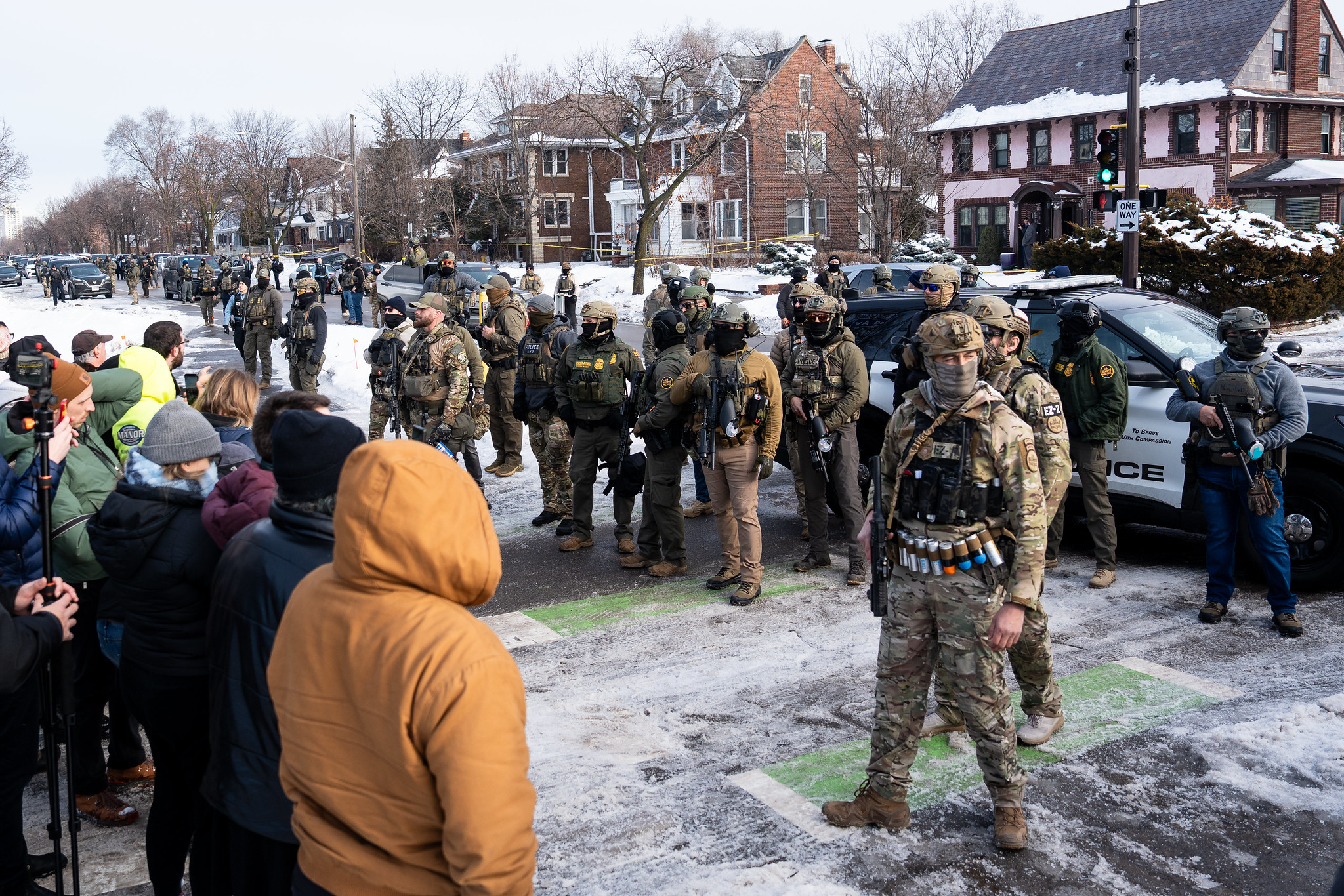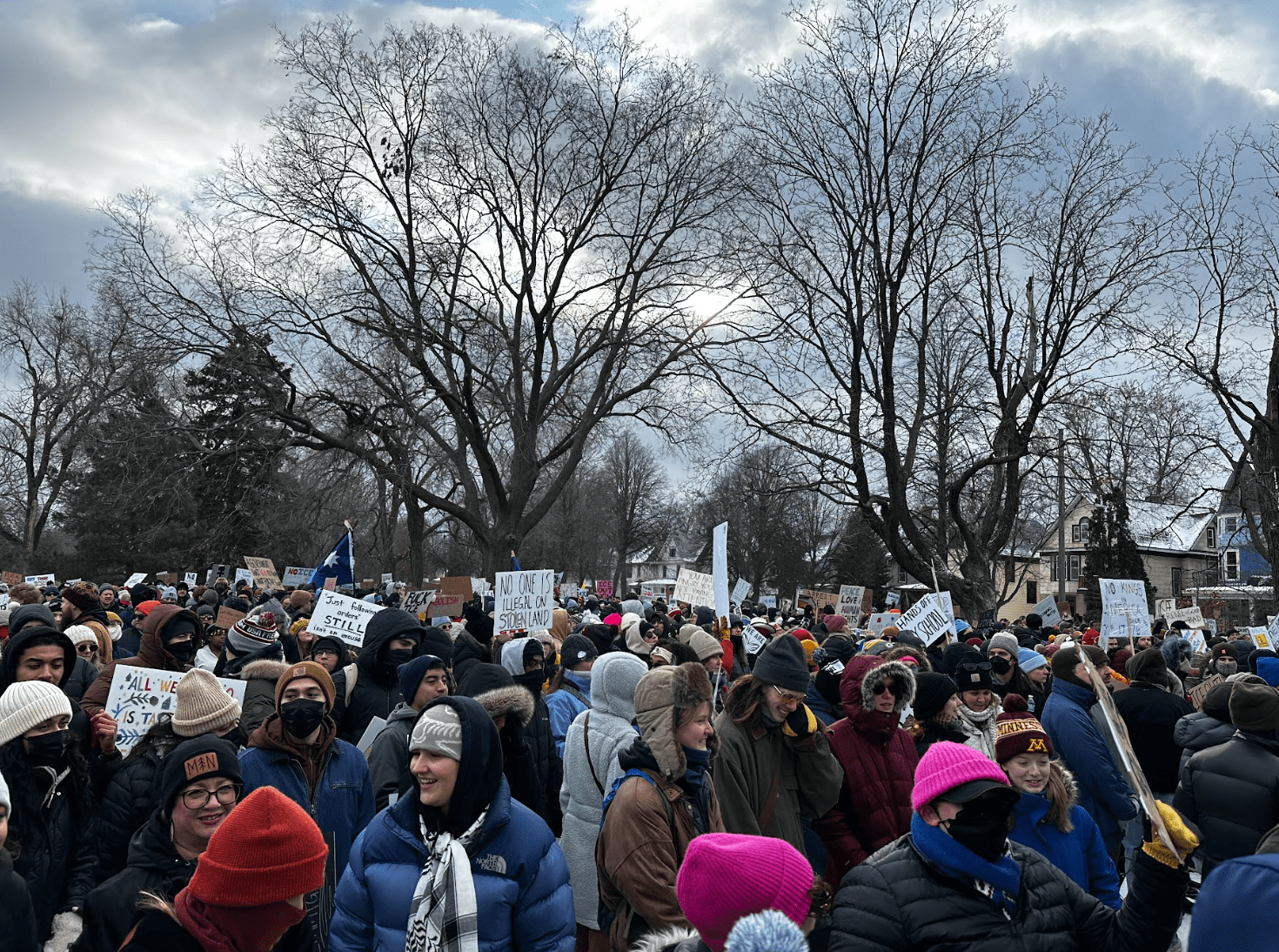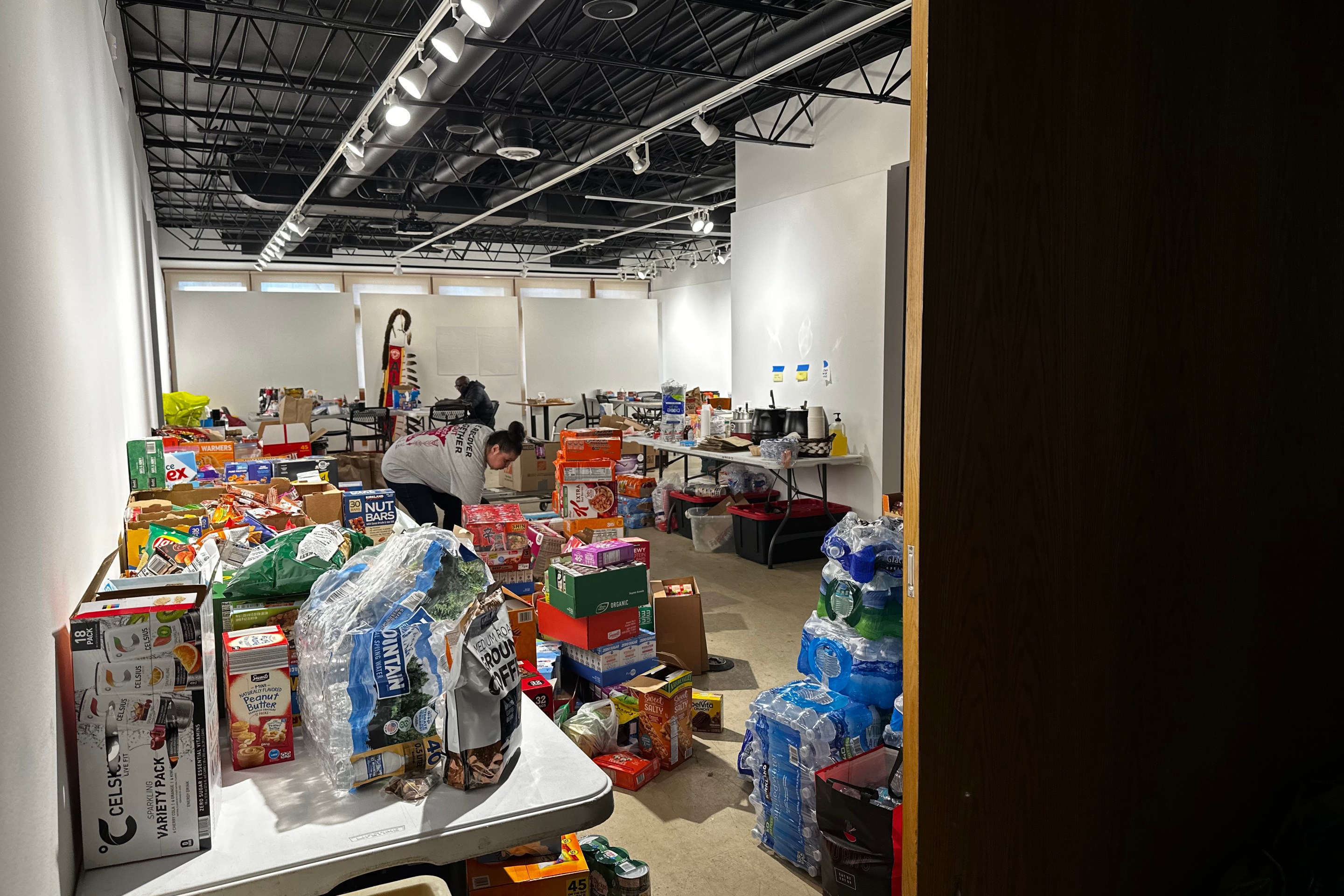I wasn’t told that I’d have to leave the U.S. until February, but I knew that I would back in November.
I came to the U.S. via unconventional means. When I was a teenager in Venezuela, I talked to lots of people online. I made friends with a group of Minnesotan teens around 2017 and visited them a year later. Despite the distance, we stayed in contact and maintained a close friendship. The seed was planted: I wanted to move to the U.S.
In late 2022, then-President Joe Biden announced a new program called Humanitarian Parole, through which Venezuelan citizens could come to the U.S. and work for two years if sponsored by an American. The idea was that giving immigrants a way to enter legally would reduce the number of people dying at the border, and that the sponsor requirement would guarantee that these immigrants would not become “burdens” for America. I decided to come to Minnesota, as I saw my country as a place with a bleak future. My friend’s family offered to sponsor me, and I came to the U.S. in May 2023.
I started working and decided to take action to stay in the U.S. My job tried to sponsor a work visa, but it ended up being out of the question; the process of H1B visa sponsorship is complicated, expensive, and not guaranteed. It’s a lottery, after all.
Last September, I applied to the latest open process for Temporary Protected Status (TPS) for Venezuelans. I met all of the requirements and was approved. So by that October, I held two different immigration statuses: Humanitarian Parole, ending in May 2025, and TPS, ending in early April. Parole lasted for two years; TPS could be renewed at the start of February.
Then the election happened.
There was no way that this administration was going to let the TPS programs stand. Trump tried killing TPS in his first presidency, and while the courts ultimately saved the program, there was no guarantee this would happen again. In its final week, the Biden administration approved another year and a half of TPS for Venezuelans. One of the Trump administration’s first acts was to cancel this extension and end TPS for Venezuelans.
What does this mean in practice? My stay ends April 7—exactly one week from today. If I’m not gone by then, I'll receive a mailed court notice that starts my deportation. Once deportation happens, it stays on my record forever. I wouldn’t be able to return to the U.S. for years, if ever again. And who knows how long I would be detained here before I was even sent back to Venezuela? (Or wherever they decided to send me.) But my Humanitarian Parole period doesn’t expire until May. Surely that buys me a couple more months, right?
Except the Humanitarian Parole program is now officially considered illegal. The Trump administration is working on revoking the parolee status of anyone who entered through this program, and has given ICE officials permission to deport specific migrants who have been in the U.S. for less than two years. On top of that, the administration has suspended any immigration applications for people who entered the U.S. through the Humanitarian Parole program. There are no alternatives left for me.
For people only on TPS, there’s still hope. A federal judge is currently deciding whether he has jurisdiction to pause deportations for TPS holders until the conclusion of a pending lawsuit. For me, though, because I came into the U.S. through a different program that is now deemed illegal, I’m boarding a flight at the end of March, a week before the TPS deadline ends. I don’t want to stay in the U.S. after my deadline ends, waiting for a court case that might end in my deportation anyway.
I don’t want to stay in the U.S. without a safe status, with the possibility of ICE deporting me just because the government’s vague policy ignores my legal arrival. I don’t want to risk getting stuck in legal limbo. And I don’t want my status to become a burden on my family, who one day may want to visit the U.S., and could get told that they cannot, because of my complex situation. The stakes are too high.
It’s hard to summarize how a situation like this affects your day-to-day life. I’ve spent thousands of dollars—on payments to the U.S. government for a work permit, on immigration attorney consultations, and on plane tickets. But the uncertainty is what really gets you. You live with a constant knot at the back of your throat, letting you know that something’s coming. And I don't yet have a family or children—think of the thousands of people in this situation who do.
However complicated you think these immigration processes are, I promise they are even more arcane, confusing, and harder to navigate. I am grateful for the loving welcome from my friends, my workplace, and this state.
But if this country doesn’t want me here, then I don’t want to be here either.
Eduardo Arturo Escobar Amaya (he/him) writes a culture newsletter called The Infinite Turnpike and runs a Spanish-language version of that newsletter for La Gran Aldea.







